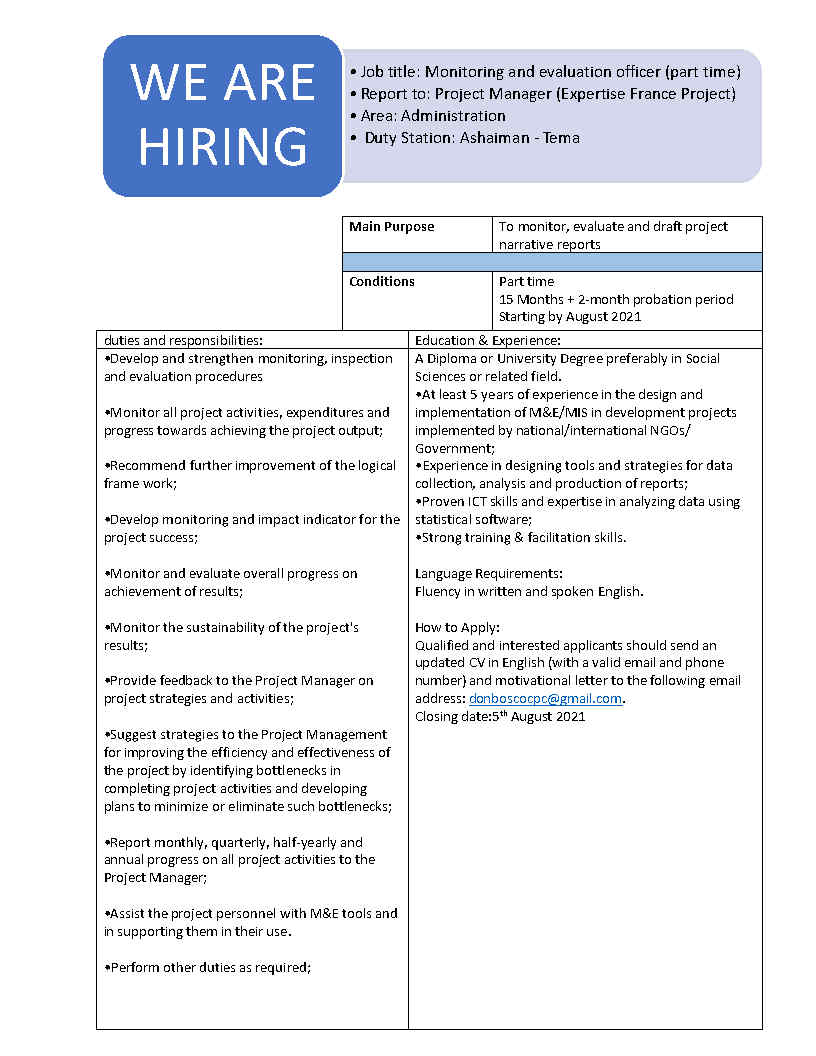Investigative journalism is simply a comprehensive story produced from careful research. Research is all about finding out and sharing the findings for the good of society. This is all that journalism is about and expected to do; thus, serving as a watchdog in the supreme interest of the people.
Therefore, journalists might disguise to access information only if circumstances and difficulty in gathering information suggest such an act to attain the required objective in the interest of society.
Nature of journalism
Journalism exposes abuse of power wherever found, whether it goes in-depth to investigate a story to reveal corruption, review government or corporate policies, draw attention to political, economic, social and cultural issues or discover loopholes in legislation and legal articles.
In that case, the practice exposes to the public issues that are concealed deliberately by the powerful in society or accidentally behind the chaotic mass of facts and circumstances that make understanding difficult.
In an emerging democracy like ours where people believe that corruption is the common factor with all major societal challenges, it makes sense for the people to insist on, promote and defend the kind of journalism that helps build a functional democratic system; a system that allows for greater transparency and accountability that leads to equal citizenship, equal opportunities, social justice, human rights and dignity for all.
It is this kind of journalism that has helped build countries in Europe and America, societies we so admire and envy, and go with a cap in hand begging for support.
Experiences
Singapore and Rwanda are societies with systems that do not provide the space for investigative journalism; yet, those societies have made remarkable progress.
Singapore, for instance, is today competing with societies in Europe when it comes to economic and social development. Rwanda is cited as a country for other African countries to learn from.
Let us not forget that in those societies, there is pressure on the political leadership for an open media that questions the activities of governments.
Let us also not forget that there are several countries across the globe which are using similar media systems such as in Singapore and Rwanda, yet the people are in abject poverty.
Therefore, uncritical journalism is no guarantee for development. In fact, after using uncritical journalism to a point to bring about some development, citizens, like Oliver Twist, will demand for more, including the kind of journalism that questions the activities, attitudes and behaviours of their leaders.
This is happening in the countries mentioned, as well as China and Russia.
It appears that those societies, like Singapore and Rwanda, are blessed with leaders who sincerely have the passion and commitment to their people.
Therefore, even with a suppressed media or media capture, they are doing the needful to create better conditions of life for their people.
It needs to be noted that the government of Singapore appears to be loosening restrictions on political liberties, including free speech.
Best option
There is also the argument that there is no guarantee that societies will have the kind of leaders who have the passion and commitment to lead development.
The best option is for a society to have diverse, intelligent, responsible, passionate and committed news media that fearlessly and responsibly scrutinise the activities of the most powerful in society for them to do what is needful.
It is, therefore, necessary that citizens grow to learn and understand that their comfort, health and happiness are dependent on the kind of media that tells stories from careful research, and demand accountability from those who offer themselves for political office.
Citizens should grow to appreciate the fact that journalism is all about investigation and that journalism’s first loyalty is to the people.
Political actors should also acknowledge this and help create and promote conditions that allow journalism to function fully.
It is not for political actors or the business community to define for journalists what they should do and not do.
Training
It is on that score that the Ghana Institute of Journalism (GIJ) is considering introducing a Master of Science in Investigative Journalism with Media Leadership.
The objective is to produce more journalists who understand the field of journalism to complement the skills in storytelling, information gathering techniques, leadership skills, as well as the right attitude and values to bring quality to journalism practice in the country and beyond.
What this means is that media owners should be ready to invest more in investigative journalism, since it is a practice that calls for more resources for it to be useful.
Investment in this kind of journalism is worthy and rewarding. This could be through providing financial support, building capacities, providing legal advice and protection for investigative journalists.
There is no doubt that citizens have keen interest in investigative stories, but unfortunately are unwilling to pay for their scoops.





